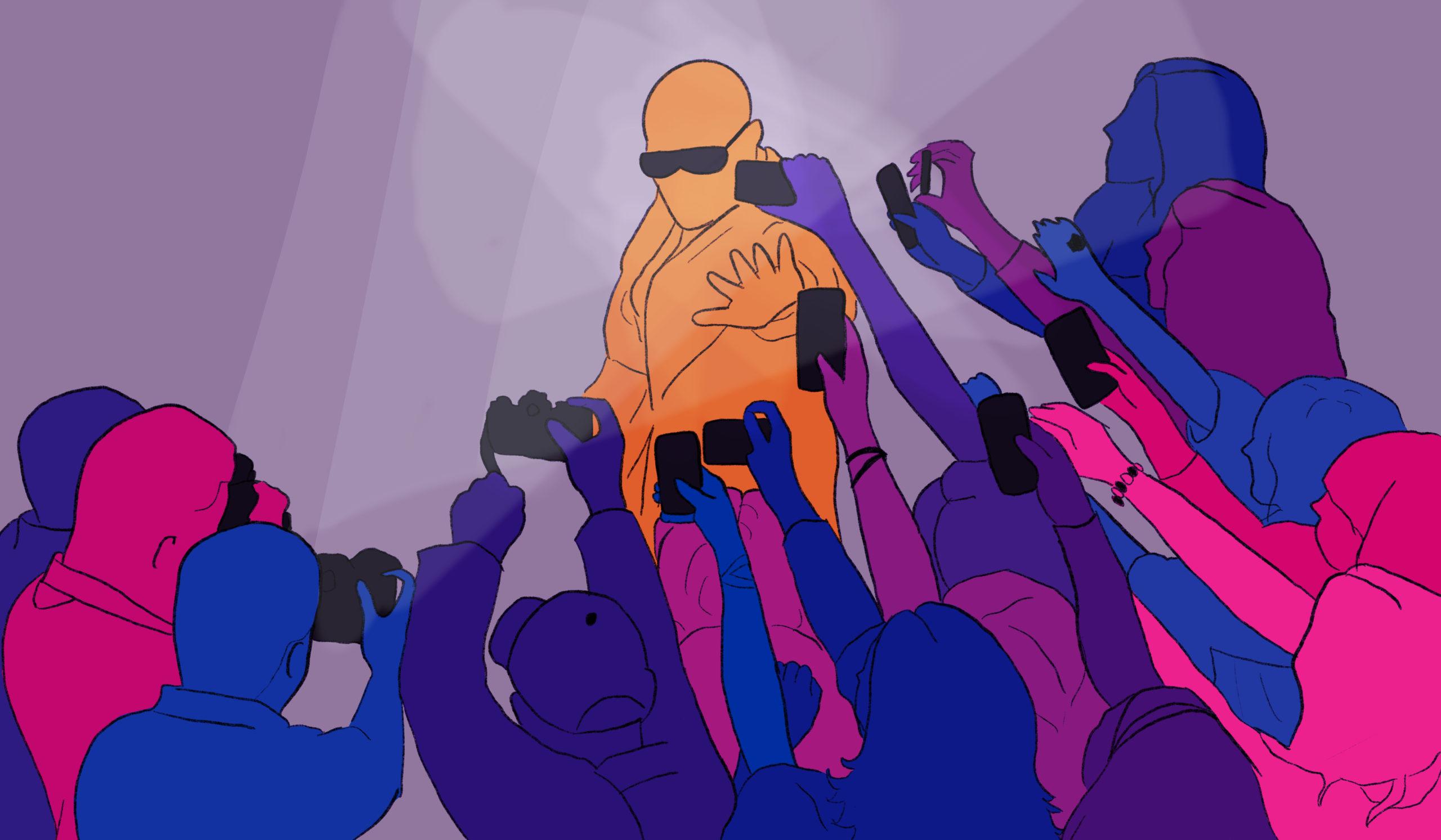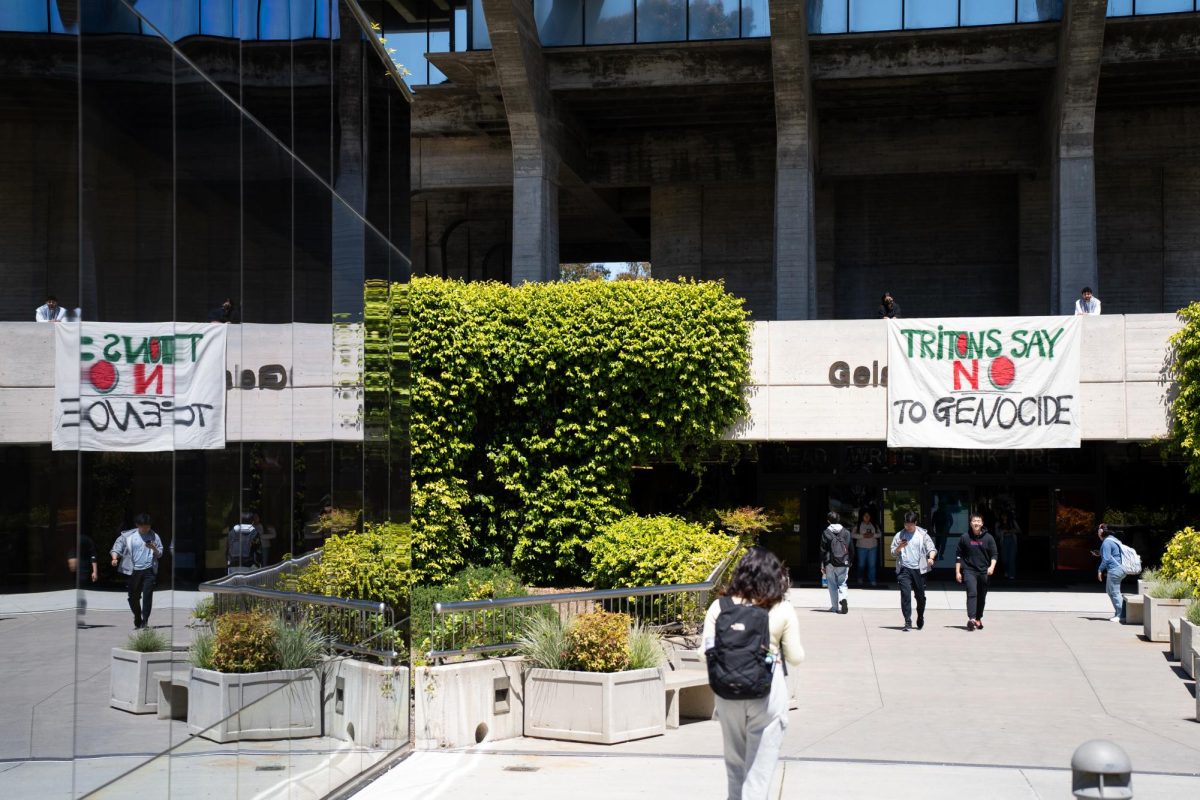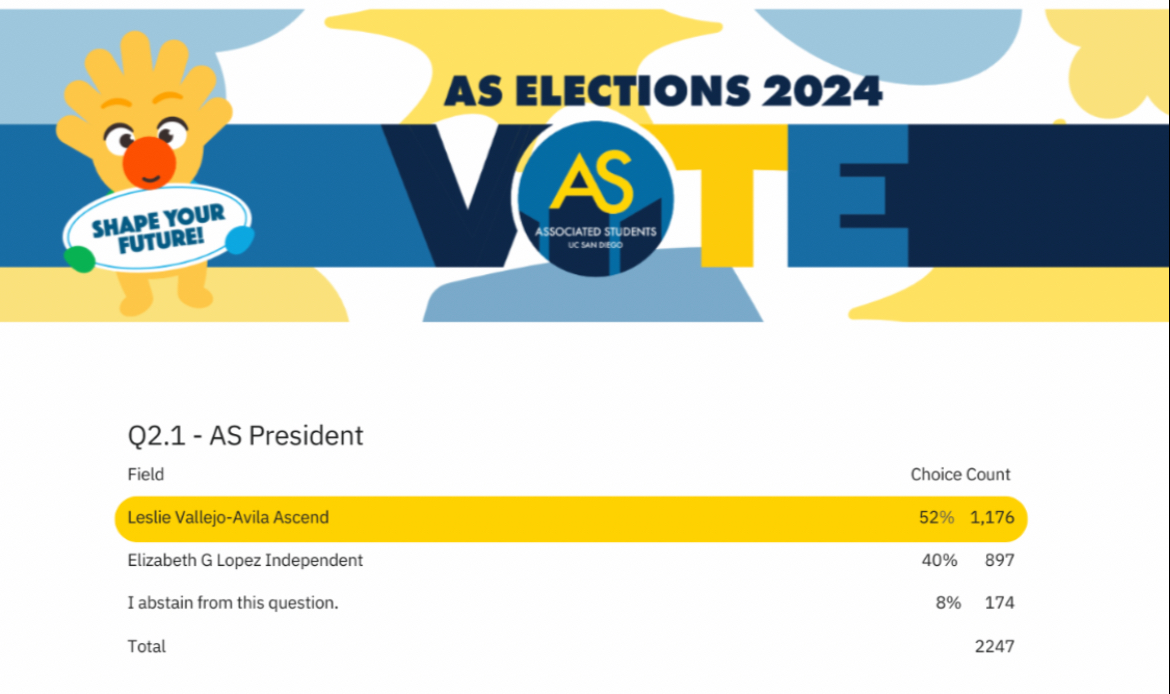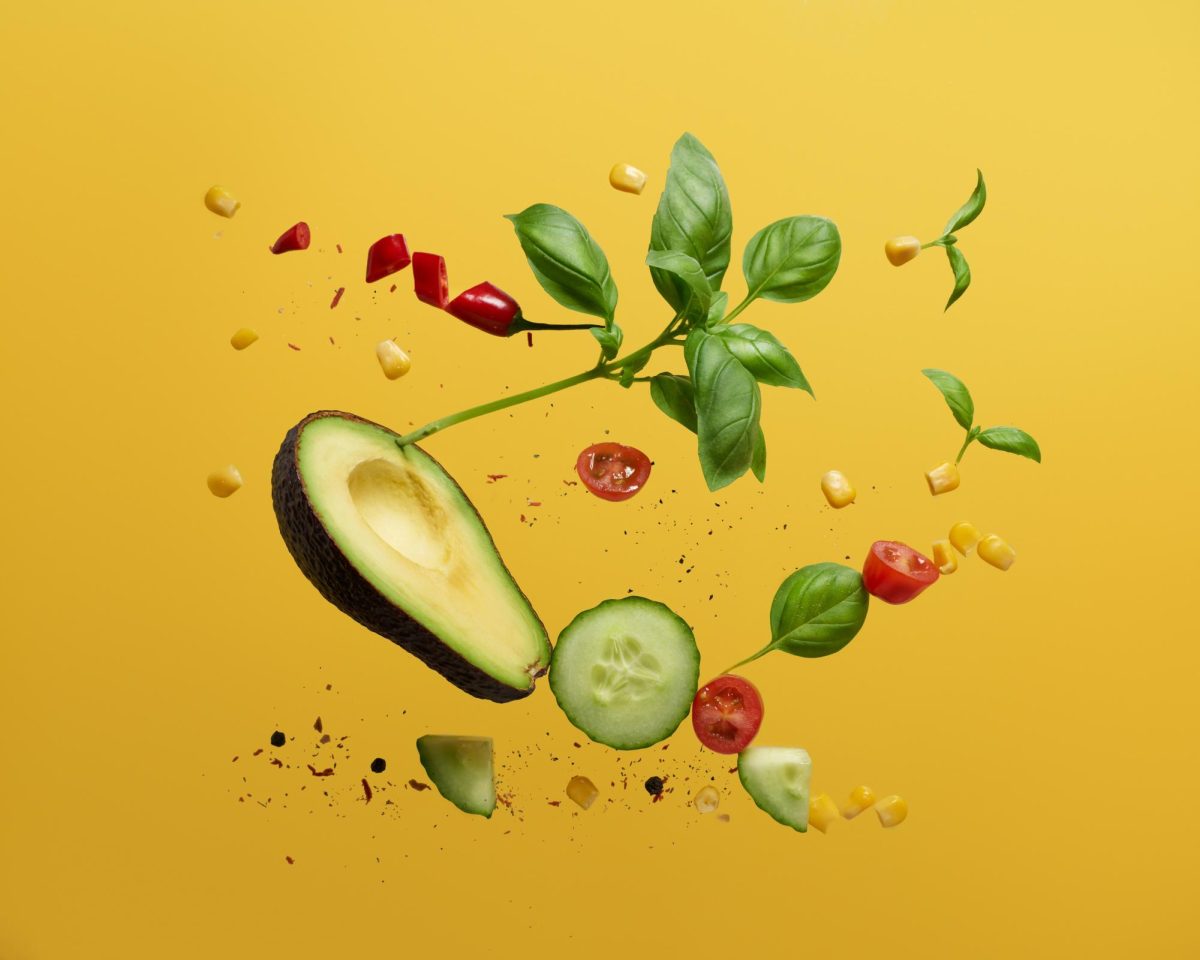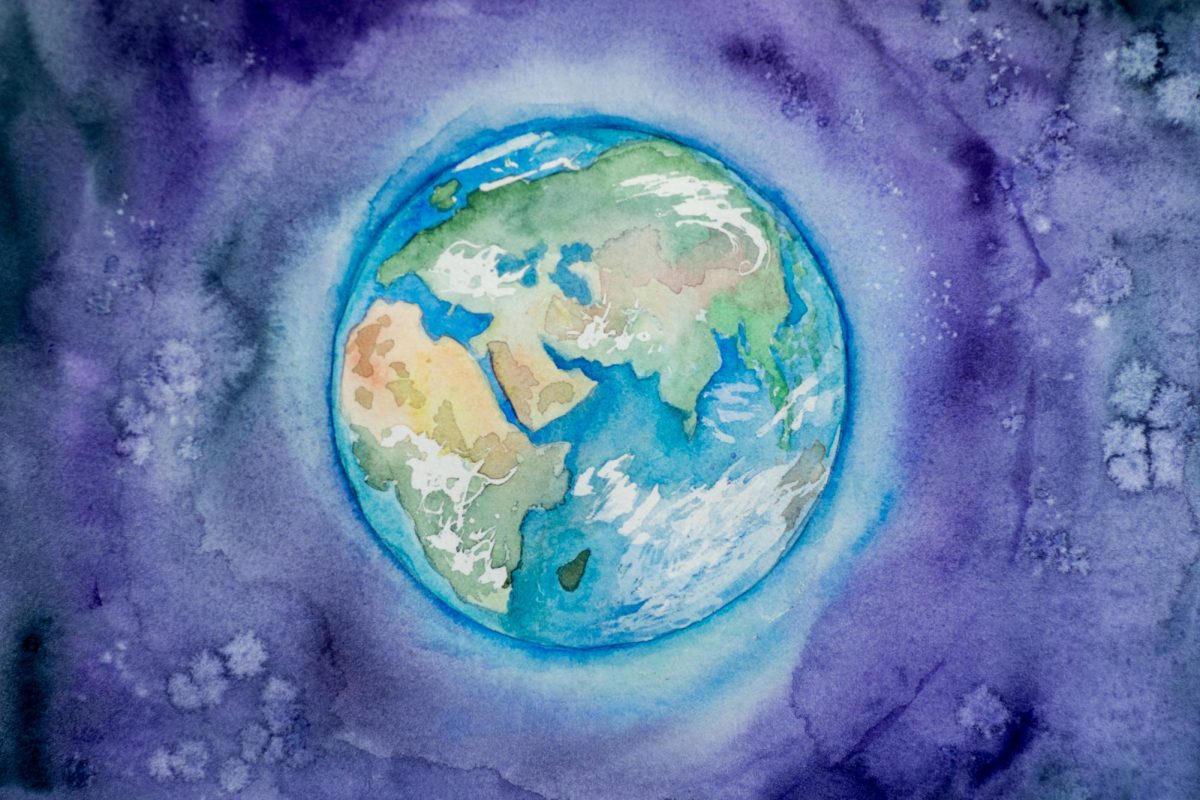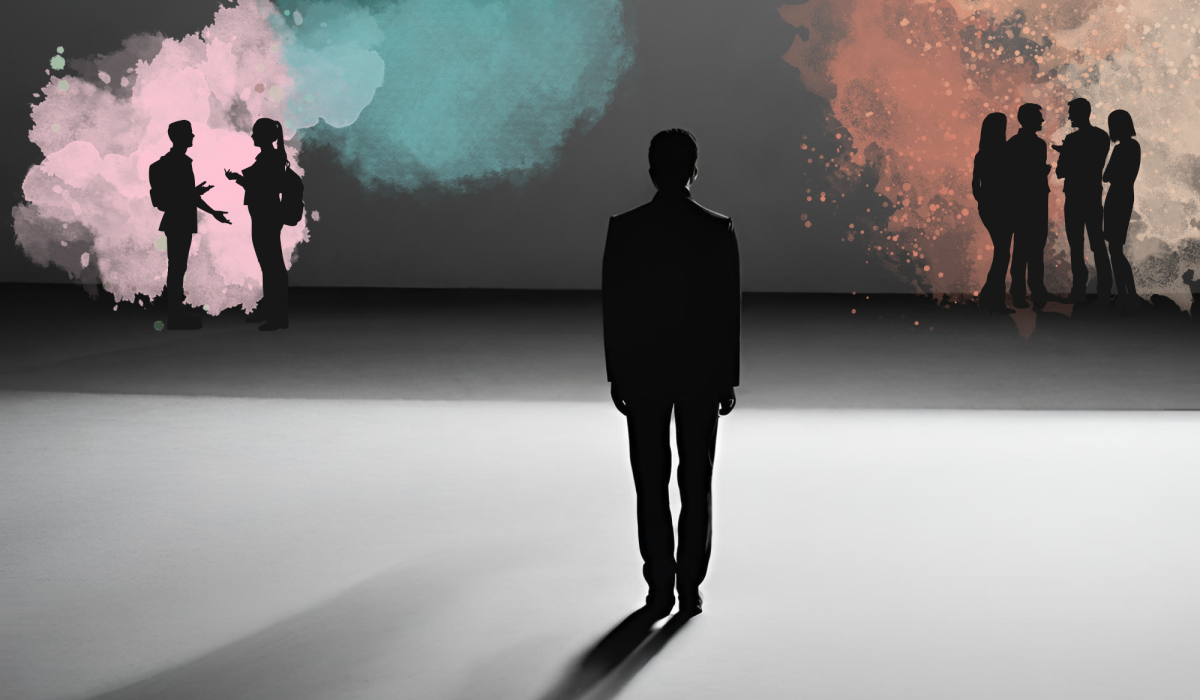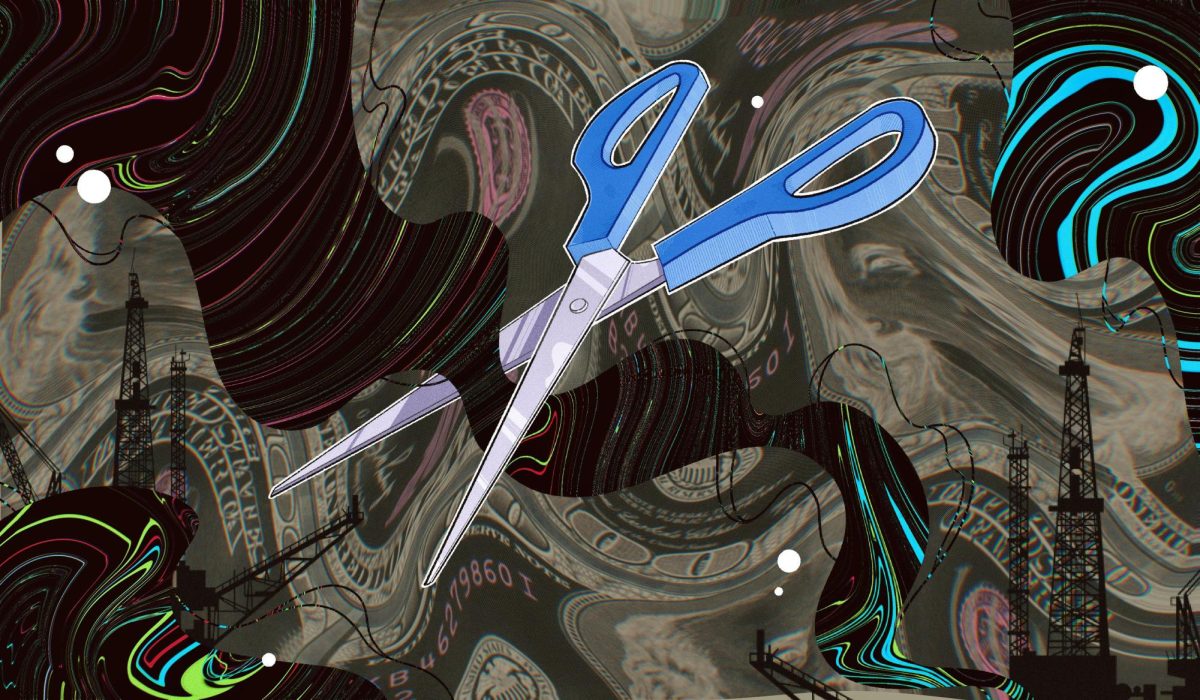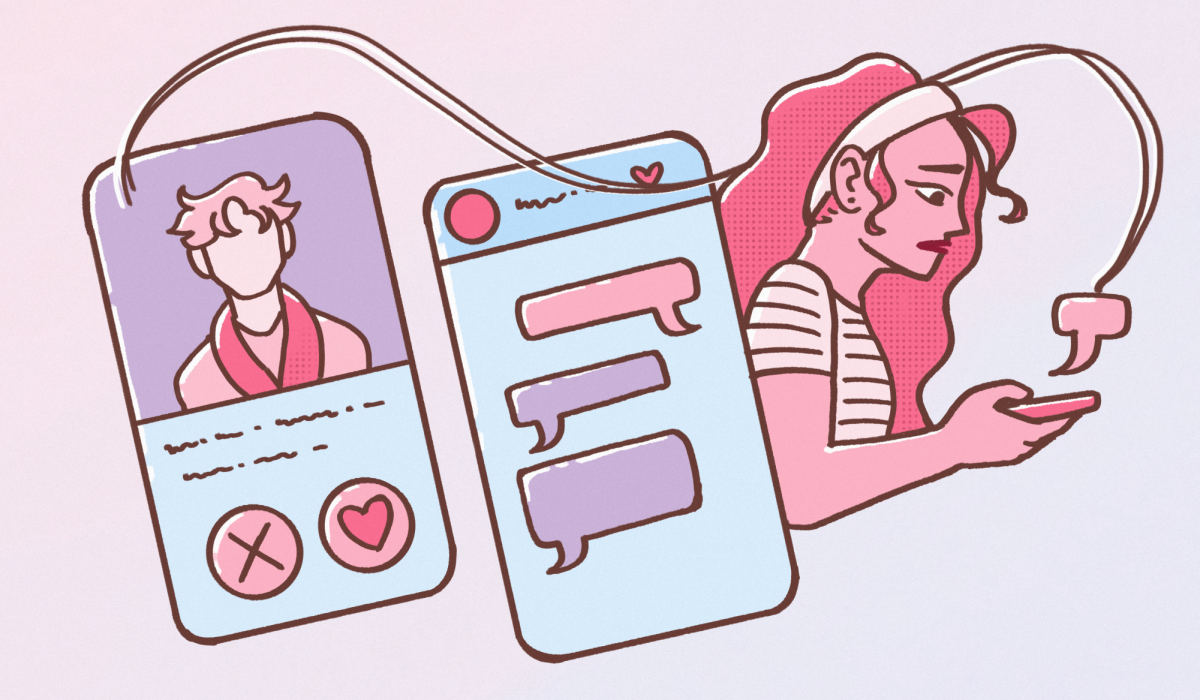We have all most likely experienced an obsession over a celebrity at least once in our lifetime. Whether you went through a One Direction phase in middle school (complete with posters, signed albums, and band merch) or found yourself joining the BTS Army fanbase to closely obsess over the members’ personal lives, you idolized these individuals and placed them on an untouchable pedestal. This is a fairly common experience; we all seem to have a tendency to divulge in the lives of others. While these tendencies have the potential to be healthy practices, putting life into perspective and allowing people to build communities based on their appreciation for certain individuals, they can also give rise to toxic obsessions and false idolizations.
The concept of idols and celebrities is not new. In medieval times, kings, queens, and nobility were held in high esteem and celebrated by the common people because of their social status. In ancient Rome, winning gladiators were prominent and well-known figures. However, one of the significant differences that draws a distinct line between now and then is the creation of social media and modern technology that turned celebrities into the new popular culture. In the past, celebrities have not made the most ethical or well-informed choices, but due to their existing popularity and large fanbases, they continue to be worshipped by devoted fans despite their transgressions. Ultimately, society’s failure to hold these celebrities accountable for their actions has succeeded in creating and encouraging the following of unhealthy role models and false idols whose actions should not be celebrated or excused under the guise of fame and wealth. Throughout the pandemic, plenty of well-known celebrities, such as Kylie Jenner and TikTok stars Charli D’Amelio, Noah Beck, Chase Hudson, etc., all participated in attending parties, breaking social distancing rules, or traveling abroad. While receiving a limited amount of feedback from fans, celebrities like these still maintained their social status with seemingly no repercussions; they are practically untouchable.
Our fixation on the lives of these figures is reflected through and encouraged by news outlets’ easily accessible pieces that continually focus on celebrity events and “gossip.” For example, magazines and tabloids dominate checkout aisles in countless grocery stores and bookshops with brightly-colored titles bragging of exposure and scandal. Meanwhile, internet news sites like TMZ and PopSugar exist primarily by profiting from reporting celebrities’ every move. Even well-known news sources, like Fox News and ABC, have separate sections in their online publications devoted to broadcasting the latest celebrity gossip. However, one prominent issue is the media’s lack of filtration. Since the media’s main priority is to attract viewers and create a healthy profit, controversial celebrities make frequent appearances in headlines. Musical artists who express opinions littered with bigotry or have been involved in illegal activities, drug abuse, etc. are still given a large spotlight. Chris Brown, who has been repeatedly accused of abuse and sexual assault and even arrested on charges of rape, continues to have a solid fan base, similar to Kanye West. West has controversies spanning back to 2009 and yet his fans continually excuse his insensitive commentary on subjects like slavery, abortion, and the Bill Cosby rape allegations (where he announced on Twitter that Cosby is innocent).
There are a few hypotheses on why we place so much importance on knowing about the happenings of celebrities. One suggests a social angle where the discussion and commonality of following celebrities builds a sense of community and inclusivity. But, it could also tie into evolutionary history. In hunter-gatherer societies, individuals often gravitate or look up to those with a higher dominance. Celebrities are imbued with this higher status in modern-day society where dominance is often measured in wealth, class status, popularity, etc. Another theory proposes that becoming involved in the idealized and often lavish lives of celebrities provides a certain level of escape from reality and the ability to live vicariously. Maybe all or none of these ideas contribute to our fixations, but one thing remains abundantly clear: we have to alter our mindsets and disconnect celebrities from popular culture by focusing less on the celebrity and more on the art, movie, or music itself.
It is simple to see that we have given celebrities far too much power. There is a distinct divide between appreciation and over-idolization and it is important to acknowledge and honor that boundary. We should all take a step back and remember that these celebrities are not indicative of real life. They do not supply adequate life lessons and should not be looked at as role models or idolized in any other context besides appreciation for the art they create or participate in.
Art by Ava Bayley for the UC San Diego Guardian.


